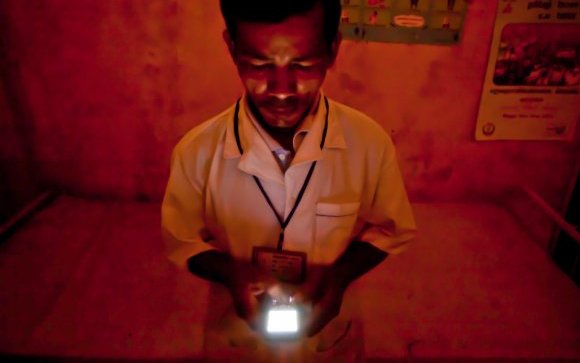How to make data sharing really useful
Avoiding ‘data dumpsters’ is the key to ensuring that the drive towards open data sharing is truly useful, according to a Perspective article published in the New England Journal of Medicine today.

Assessing the efficacy of any medicine requires a huge effort on the part of researchers involved in clinical trials and a considerable commitment on the part of trial participants and funders. This effort, it is argued, warrants easy and open access to the resulting data, and the opportunity to leverage existing results by pooling data from multiple trials.
Sharing data requires an ethical and responsible approach, to ensure that patients’ confidentiality is maintained, and that data contributors are appropriately credited, for instance. Nevertheless, the benefits of sharing participant level clinical research data for secondary or meta-analysis are widely championed among the research community, and data sharing is increasingly required by academic journals and funders of research.
“Data sharing is a hot topic, and particularly pertinent to the clinical research community working on infectious diseases. For many diseases the data is limited, and so the true effects of a drug can only be assessed by pooling data from multiple studies,” says Laura Merson, Head of Emerging Infections at the Infectious Diseases Data Observatory and co-author of the article.
“A number of models have evolved to meet the increasing pressure from journals and funders to share data. However, what would not be useful would be to ‘dump’ data in repositories to fulfil these requirements without any real consideration of whether the data is actually useful. Secondary analysis of clinical trial data requires explanatory documentation and standardisation of data into comparable formats; many repositories may not be equipped to fulfil this function.”
Requiring that data is made available to the wider community may inadvertently disadvantage those with limited research capacity who will be forced to share their data but may not have the resources for re-analysis. Prof Oumar Gaye, Professor of Parasitology at the Université Cheikh Anta Diop, Dakar, Senegal, and co-author of the article says: “There has been reluctance on the part of some researchers to share data because they fear that their work may not be appropriately acknowledged, and that they are handing the results of their work to those who are better equipped to reap the benefits of re-analysis. Furthermore, if there is no requirement to involve the researchers who collected the data in the secondary analysis, the results may be misinterpreted.”
The WorldWide Antimalarial Resistance Network (WWARN) was established in 2009 to assess the efficacy of antimalarial medicines with a particular focus on resistance. WWARN harmonises clinical trial data to enable accurate and easy comparison and ensures that data contributors have the opportunity to be fully involved in any further data analysis. “We believe that the success of WWARN is its symbiotic approach, which ensures that data contributors are engaged in secondary data analysis and appropriately acknowledged,” says Prof Philippe Guérin, director of WWARN, and co-author of the article.
“The Network now comprises over 260 collaborators worldwide, and our repository contains the majority of clinical trial data on current antimalarials. We believe that we have a responsibility to facilitate ethical and responsible data sharing that meets the needs of data generators, data users, funders and participants. The new Infectious Diseases Data Observatory will build upon the principles established by the malaria community to ensure that data sharing for other infectious diseases is both equitable and useful.”
Publication details:
Merson L, Gaye O, Guerin PJ. Avoiding Data Dumpsters — Toward Equitable and Useful Data Sharing. N Engl J Med. DOI: 10.1056/NEJMp1605148